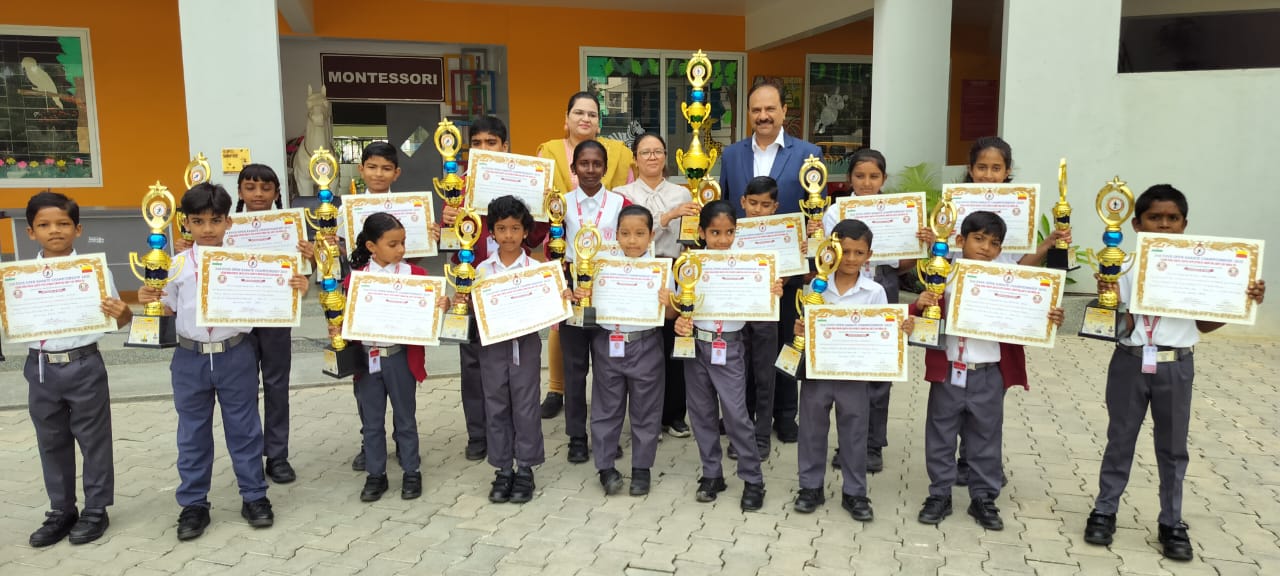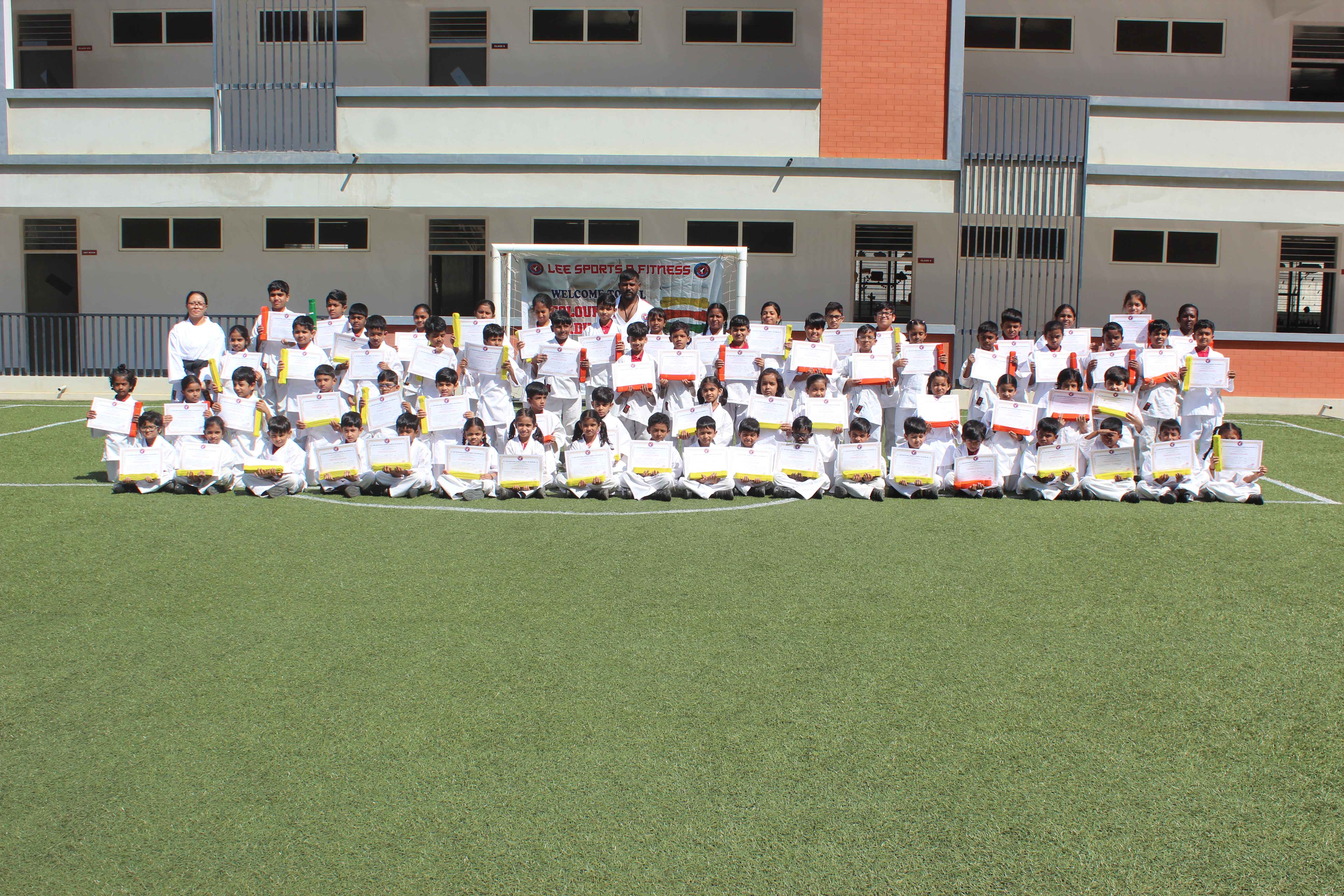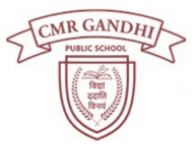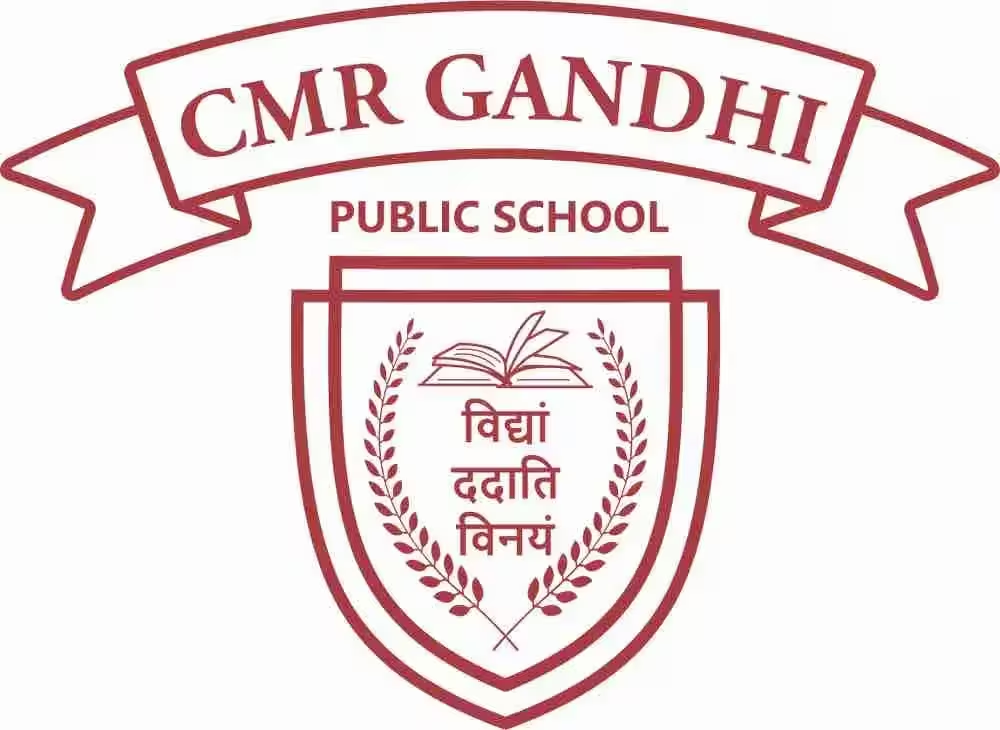The Dilemma of Choosing the Right Curriculum in Bangalore
If you’re a parent in Bangalore, chances are you’ve heard friends, colleagues, or neighbours debating over which school board is “the best” — the CBSE Board, ICSE Board, or State Board. And it’s not just casual talk. Choosing the right curriculum has long-term consequences for your child’s learning style, confidence, and future career prospects.
Bangalore’s academic landscape is one of the most diverse in India. The city hosts an enormous mix of schools, from neighbourhood State Board schools to elite international institutions. Many parents face confusion because each board has its own strengths and limitations. Some are aligned with competitive exams, some are broader in subject coverage, and others are deeply rooted in regional priorities.
The question CBSE vs ICSE vs State Board doesn’t have a one-size-fits-all answer. To decide what’s best for your child, you need to go beyond surface-level pros and cons and understand how each board operates in practice , especially in a city like Bangalore.
1. Understanding the Three Major Boards
CBSE – Central Board of Secondary Education
The CBSE Board is India’s most widely recognised national curriculum, operating under the Ministry of Education and following the NCERT framework. It was designed to ensure uniformity across the country so that students moving between states wouldn’t face disruption in their studies.
In Bangalore’s context:
Best CBSE schools in Bangalore are concentrated in areas where working professionals live — Sarjapur Road, Whitefield, Marathahalli, HSR Layout, and Electronic City. This is because CBSE appeals to parents who might relocate due to job transfers.
Educational approach:
- Strong focus on Science, Mathematics, and application-based subjects.
- The syllabus is designed to align with national competitive exams like JEE, NEET, NDA, and CUET — making it easier for students to integrate exam preparation with school learning.
- Assessments test conceptual clarity rather than rote memorisation.
Example: A Grade 9 CBSE student in Bangalore preparing for engineering doesn’t need to seek a separate syllabus for JEE foundation classes — the NCERT books they use are already the base material for those exams.
ICSE – Indian Certificate of Secondary Education
The ICSE Board, run by the Council for the Indian School Certificate Examinations (CISCE), is known for its rich, expansive syllabus. It gives equal weight to languages, sciences, mathematics, and the arts.
In Bangalore’s context:
ICSE schools often appeal to parents who value well-rounded exposure and strong communication skills. Areas like Indiranagar, Koramangala, and central Bangalore host some of the city’s oldest ICSE institutions.
Educational approach:
- Broader curriculum with detailed study material — especially in English and Humanities.
- Project-based learning and internal assessments that encourage creativity and analytical thinking.
- More subjects to choose from, including environmental science, home science, and art, even in earlier grades.
Example: An ICSE student aiming for a career in media or design would benefit from the board’s emphasis on language fluency, creative assignments, and research-based projects.
State Boards – Karnataka State Board Focus
The State Board in Karnataka is designed to serve local educational goals. It is regulated by the Karnataka Secondary Education Examination Board (KSEEB).
In Bangalore’s context:
State Board schools are preferred by families who want their children to continue higher education within Karnataka, especially for courses where state quota benefits apply.
Educational approach:
- The syllabus is often theory-heavy and follows prescribed textbooks closely.
- Greater emphasis on regional language learning (Kannada is compulsory).
- More affordable school fees compared to CBSE or ICSE schools.
Example: A student planning to appear for Karnataka CET for engineering or medicine will find the State Board syllabus closely aligned with the exam’s state-level focus.
2. Key Comparison: CBSE vs ICSE vs State Board
Understanding the difference between CBSE and ICSE — and how they compare to the State Board — goes beyond just knowing what subjects they offer. It’s about how these boards function in a child’s everyday school life, how lessons are taught, how exams are structured, and how well they prepare students for the next stage of education.
Curriculum Depth & Breadth
The ICSE Board is known for its wide-ranging and detailed syllabus. Students are introduced to multiple subjects early on, with equal weight given to humanities, English literature, sciences, and mathematics. For example, a Grade 7 ICSE student might have advanced-level poetry analysis alongside practical physics experiments and geography projects in the same term. This breadth ensures that children are exposed to diverse fields, helping them discover varied interests and strengths.
The CBSE Board takes a different approach. While it covers all the core areas, it deliberately keeps the subject list shorter and more focused. This allows students to spend more time building strong foundations in essential subjects like Science and Mathematics without spreading themselves too thin. In practice, this means a CBSE Grade 9 student will go deeper into concepts like algebra or chemical bonding, reinforcing them through problem-solving exercises rather than juggling a long list of additional subjects.
The State Board, especially in Karnataka, tends to have a narrower scope, with teaching and learning largely guided by the prescribed textbooks. The aim is to prepare students thoroughly for the board examinations, which follow a set pattern year after year. While this approach ensures consistency, it can limit exposure to interdisciplinary topics or hands-on learning experiences found in other boards.
Teaching Style and Assessment
In the CBSE Board, lessons are designed to encourage application of knowledge rather than rote memorisation. Since the introduction of NEP 2020 reforms, there has been a greater emphasis on activity-based learning, group discussions, and projects that relate theory to real-life situations. For example, a CBSE biology lesson on ecosystems may involve students creating models, conducting small experiments, or analysing local biodiversity rather than just reading definitions from a book.
The ICSE Board is particularly heavy on project work, lab activities, and assignments alongside written exams. Students are often required to submit detailed reports, make presentations, and participate in debates or dramatizations. This continuous assessment format builds confidence in written and verbal communication, creativity, and analytical thinking. For instance, an ICSE history project might involve interviewing a historian, visiting a museum, and compiling a research-based presentation.
The State Board teaching style is more traditional, relying on lectures and textbook-based instruction. While there are practical components in science subjects, much of the classroom focus is on preparing for theory-based exams. Students are encouraged to memorise standard answers from guides and reproduce them accurately during assessments. While this works for exam scores, it can sometimes limit the development of problem-solving or creative skills.
Competitive Exam Readiness
When it comes to competitive exams, the CBSE Board has a distinct advantage. Its NCERT-based syllabus overlaps significantly with the content for national-level entrance tests like JEE, NEET, NDA, and CUET. For example, a CBSE Class 11 physics chapter on thermodynamics is almost identical to what appears in the JEE syllabus, reducing the need for extra coaching material.
The ICSE Board is not directly aligned to these exams, but its detailed treatment of subjects can still benefit students, particularly in English, Mathematics, and Science. However, ICSE students often need additional targeted coaching for exams like JEE or NEET, as the exam format and focus areas may differ from their school curriculum.
The State Board syllabus is best suited for state-level competitive exams such as the Karnataka CET (KCET) or state public service exams. While it may not cover the full scope of national exams, it gives students a clear advantage for local college admissions under state quota systems.
Transferability & Recognition
The CBSE Board is the most widely accepted across India and abroad. Because its syllabus and exam patterns are uniform nationwide, transferring between schools in different cities or states is relatively seamless. For instance, a family moving from Bangalore to Pune can find CBSE schools where their child can continue without major curriculum gaps.
The ICSE Board is recognised internationally, particularly in Commonwealth countries. Its emphasis on English proficiency and analytical thinking can be advantageous for students aiming to study abroad. However, the syllabus may vary slightly between schools, and inter-board transfers within India may require some adjustment.
The State Board is primarily recognised within its own state. While students can transfer to other boards, they might face challenges catching up on topics not covered in the State Board curriculum, especially if moving to a CBSE or ICSE school in another region.
3. Choosing the Right Board: Factors to Consider
Career Aspirations
If your child is aiming for careers in engineering, medicine, defence services, or any field requiring national-level entrance exams, the CBSE Board has a clear advantage. Its syllabus is closely aligned to JEE, NEET, and other competitive exams, allowing students to prepare within their regular academic schedule.
For children interested in arts, literature, media, law, or international education, the ICSE Board offers broader exposure. Its detailed curriculum in humanities and languages helps build the analytical and communication skills valued in these fields.
If the plan is to pursue higher education in Karnataka, especially in fields where state quota benefits apply, the State Board may be more relevant. Its alignment with state-level entrance exams like KCET ensures focused preparation for local opportunities.
Child’s Learning Style
The CBSE Board suits children who thrive in structured learning environments, where concepts are introduced methodically and reinforced through clear examples and practice exercises.
The ICSE Board benefits children with an analytical and creative mindset. If your child enjoys exploring topics in depth, conducting projects, and presenting findings in innovative ways, ICSE provides that platform.
The State Board supports children who perform best in exam-focused, theory-driven systems. If your child is comfortable memorising key answers and working within a set exam pattern, this environment can yield strong results.
Mobility
For families with a high likelihood of relocation — whether within India or internationally — the CBSE Board is the safest choice. Its national presence ensures minimal disruption in academics during transfers.
If you’re settled in Bangalore and plan for your child to complete their schooling and higher education here, the State Board or ICSE Board can work, depending on career goals.
For CBSE Schools in Sarjapur Road, and CBSE schools in HSR Layout contact CMR now
Cost
Both CBSE and ICSE schools typically have higher fees compared to State Board schools. This is often due to advanced infrastructure, extracurricular facilities, and broader subject offerings. Parents should consider whether these additional benefits align with their expectations for their child’s schooling.
State Board schools are more affordable and focus resources primarily on core academics. For families prioritising cost-effective education with a state-focused syllabus, this can be a practical option.
4. Why CBSE Fits Bangalore’s Dynamic Student Population
Bangalore is a tech city, with many parents working in IT, startups, and global companies. These families value flexibility, competitive exam readiness, and skill-based learning — all of which the CBSE Board offers.
CBSE’s integration of coding, financial literacy, and vocational training under NEP 2020 makes it future-ready. The board’s structure allows students to balance academics with extracurricular achievements — an important factor in today’s competitive college admissions.
5. Why Choose CMR Gandhi Public School for CBSE in Bangalore
When parents search for a CBSE school, they aren’t just looking for a syllabus — they’re looking for an environment that nurtures academic excellence, builds life skills, and supports their child’s growth in every aspect. CMR Gandhi Public School stands out in Bangalore’s education space because it ticks all of these boxes while staying rooted in a strong CBSE framework.
1. Proven Academic Excellence
The school has consistently built a strong academic track record, blending CBSE’s structured approach with teaching methods that encourage critical thinking and conceptual understanding. Students are not limited to rote learning — they engage in discussions, hands-on experiments, and real-world problem solving. This approach not only prepares them for CBSE board exams but also for competitive exams like JEE, NEET, NTSE, and Olympiads.
2. Modern, Future-Ready Infrastructure
Learning at CMR Gandhi Public School is supported by an impressive range of facilities:
- Smart classrooms equipped with interactive technology for engaging lessons.
- Dedicated STEM and robotics labs where students learn coding, automation, and emerging tech skills.
- Fully equipped science laboratories for Physics, Chemistry, Biology, and Mathematics.
- Specialized spaces like the Math Lab, Language Lab, and Social Science Lab for experiential learning.
- A rich library stocked with academic resources, fiction, and reference books to build a reading habit.
3. Holistic Development Beyond Academics
CMR Gandhi Public School understands that CBSE’s value lies in balancing academics with co-curricular opportunities. Students can explore:
- Sports: Outdoor facilities for football, basketball, and soon-to-be-completed swimming pool; indoor games for year-round access.
- Arts and Culture: Music rooms, dance studios, art activities, and inter-school cultural competitions.
- Skill-Building Programs: Public speaking workshops, leadership clubs like “Future Leaders of India”, and STEM competitions.
4. Experienced and Caring Faculty
The school’s teaching staff combines subject expertise with a nurturing approach. Teachers are trained in CBSE’s latest curriculum updates and modern pedagogy, ensuring students benefit from both rigorous academics and supportive mentorship. Each child is treated as an individual, with teachers tracking their progress closely and providing additional help where needed.
5. Safe and Supportive Campus
Safety is non-negotiable here:
- 24/7 CCTV monitoring across campus.
- Trained security personnel and strict visitor management.
- An on-campus infirmary for first-aid and medical needs.
- Fire safety measures in compliance with standards.
6. Parent-School Partnership
CMR Gandhi Public School maintains strong communication channels with parents. Regular PTMs, digital progress tracking, and open feedback systems ensure families are actively involved in their child’s learning journey. This collaborative approach builds trust and aligns home support with school goals.
7. Commitment to 21st-Century Skills
In line with NEP 2020, the school integrates skill-based education — including coding, financial literacy, design thinking, and sustainability projects — so students are prepared for careers and challenges that don’t even exist yet.
8. Strategic Location for Families in Bangalore’s IT Corridor
Located near Wipro Kodathi Complex, RGA Tech Park, and several residential hubs, the school is easily accessible for families in Sarjapur Road, HSR Layout, Marathahalli, and surrounding areas. For working parents, this means less travel stress and more quality time with their children.
Conclusion
The choice between CBSE vs ICSE vs State Board comes down to your child’s learning style, career plans, and your family’s priorities. The difference between CBSE and ICSE is not just in subjects or exams — it’s in how they prepare students for life beyond school.
In Bangalore’s fast-evolving education space, CBSE stands out as the most versatile and widely applicable option, especially for families in the city’s tech-driven environment. With schools like CMR Gandhi Public School delivering high-quality CBSE education, parents can be confident of giving their children both academic excellence and future-ready skills.










